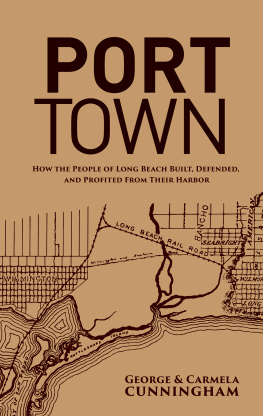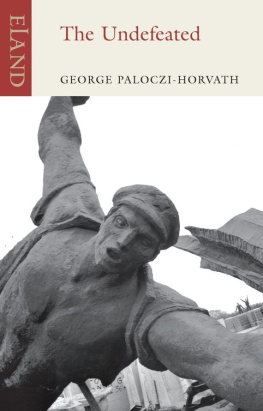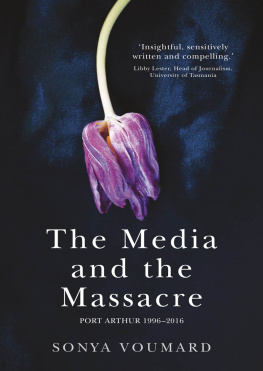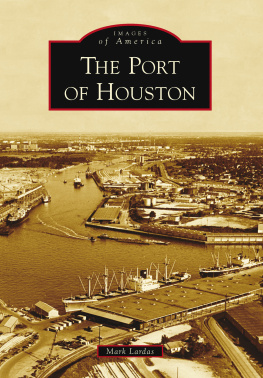CHAPTER IPULSES
Table of Contents
P ORT ARGENT is a city lying by a brown navigable river that gives it a waterway to the trade of the Lakes. No one knows why it grew there, instead of elsewhere on the banks of the Muscadine, with higher land and better convenience. One dim-eyed event leaped on the back of another, and the city grew.
In the Senate Chamber where accidents and natural laws meet in Executive Session or Committee of the Whole, and log-roll bills, there are no press galleries, nor any that are open to the public. Inferences have been drawn concerning its submerged politics, stakes laid on its issues, and lobbying attempted. What are its parties, its sub-committees? Does an administrative providence ever veto its bills, or effectively pardon the transgressors of any statute?
Fifty years ago the Honourable Henry Champney expected that the acres back of his large square house, on Lower Bank Street by the river, would grow in value, and that their growing values would maintain, or help to maintain, his position in the community, and show the over-powers to favour integrity and Whig principles. But the city grew eastward instead into the half-cleared forest, and the sons of small farmers in that direction are now the wealthy citizens. The increment of the small farmers and the decrement of Henry Champney are called by social speculators unearned, implying that this kind of attempt to lobby a session of accidents and natural laws is, in general, futile.
Still, the acres are mainly built over. The Champney house stands back of a generous lawn with accurate paths. Trolley cars pass the front edge of the lawn. Beyond the street and the trolleys and sidewalks comes the bluff. Under the bluff is the tumult of the P. and N. freight-yards. But people in Port Argent have forgotten what Whig principles were composed of.
There in his square-cupolaed house, some years ago, lived Henry Champney with his sister, Miss Eunice, and his daughter, Camilla. Camilla was born to him in his middle life, and through her eyes he was beginning, late in his old age, to look curiously at the affairs of a new generation.
Wave after wave these generations follow each other. The forces of Champney's generation were mainly spent, its noisy questions and answers subsiding. It pleased him that he was able to take interest in the breakers that rolled over their retreat. He wondered at the growth of Port Argent.
The growth of Port Argent had the marks of that irregular and corrupt legislation of destiny. It had not grown like an architect-builded house, according to orderly plans. If some thoughtful observer had come to it once every decade of its seventy years, it might have seemed to his mind not so much a mechanic result of men's labours as something living and personal, a creature with blood flowing daily through arteries and veins (trolley cars being devices to assist the flow), with brains working in a thousand cells, and a heart beating foolish emotions. He would note at one decade how it had thrown bridges across the river, steeples and elevator-buildings into the air, with sudden throbs of energy; had gathered a bundle of railroads and a row of factories under one arm, and was imitating speech through a half-articulate daily press; at another decade, it would seem to have slept; at another, it had run asphalt pavements out into the country, after whose enticing the houses had not followed, and along its busiest streets were hollow, weed-grown lots. On the whole, Port Argent would seem masculine rather than feminine, reckless, knowing not form or order, given to growing pains, boyish notions, ungainly gestures, changes of energy and sloth, high hope and sudden moodiness.
The thoughtful observer of decades, seeing these signs of eccentric character, would feel curious to understand it from within, to enter its streets, offices, and homes, to question and listen, to watch the civic heart beat and brain conceive.
One April afternoon, some decades ago, such an observer happened by and found gangs of men tearing up Lower Bank Street.
Lower Bank Street was higher than Bank Street proper, but it was down the river, and in Port Argent people seldom cared whether anything fitted anything else.
Bank Street proper was the main business street beside the river. Fifty years before, in forecasting the future city, one would have pictured Lower Bank Street as an avenue where wealth and dignity would take its pleasure; so had Henry Champney pictured it at that time; but the improvident foreigner lived along it largely, and possessed Port Argent's one prospect, the brown-flowing river with its ships. Most of the buildings were small houses or tenements. There was one stately line of square old mansions, a block or two long and beginning with the Champney place.
A worn-out, puddle-holding Macadam roadbed had lain in the street since the memory of most men. It had occurred to a railroad to come into the city from the north, peg a station to the river bank, and persuade the city to pave its approaches, and when the observer of decades asked a citizen on the sidewalk: Why, before this long, grey station and freight-yards here of the Peninsular and Northern Railroad are these piles of paving brick, this sudden bustle on Lower Bank Street? he was told: It's a deal between Marve Wood and the P. and N. He was going to make them come into the Union Station, but they fixed him, I guess.
Fixed him?
Oh, they're a happy family now.
The citizens of Port Argent held singular language.
Who is Marve Wood?
He'sthere he is over there.
Talking to the young man with the notebook and papers?
Yes. That's Dick Hennion, engineer and contractor.
And this Woodis he an engineer and contractor?
Nowell, yes. He contracts with himself and engineers the rest of us.
The observer of decades moved on, thoughtfully to observe other phases of the city, its markets, churches, charities, children pouring out of school, its pleasures at theatre, fair-grounds, and Outing Club.
The young man with the notebook stood on the curb, writing in it with a pencil. He was large, lean, sinewy, broad-shouldered, brown-haired, grey-eyed, short-moustached, with features bony and straight. He produced the effect of impassiveness, steadiness, something concentrated and consistent in the midst of the bustle. Workmen slouched and hurried to and fro about him, unnoticed. There was the mingled click of shovel and bar and trowel, thud of rammer, and harsh voices of foremen. The elderly Marve Wood, stood beside himthick-set, with a grey beard of the cut once typical throughout the Northern States, which gave to the faces that shape as of a blunt spade, and left the lips clean-shaven. He had a comfortable girth, a straight, thin-lipped mouth, a certain mellow Yankeeism of expression, and wore a straw hat and a black alpaca coat.
Hennion tore a leaf from the notebook, and beckoned the head foreman, a huge, black-moustached Irishman.
Here, Kennedy, if any of these men ask for jobs to-morrow, set them to work.
The nearer workmen looked curiously toward' the paper which Kennedy tucked in his vest pocket. Hennion and Wood turned away to the city. The sidewalk grew more crowded as they came to Upper Bank Street, where the statue of a Civil-War general struck a gallant attitude on a pedestal. He appeared to be facing his country's enemies with determination, but time and weather had given the face a slight touch of disappointment, as if he found no enemies worth while in sight, nothing but the P. and N. station and the workmen tearing up Lower Bank Street.












